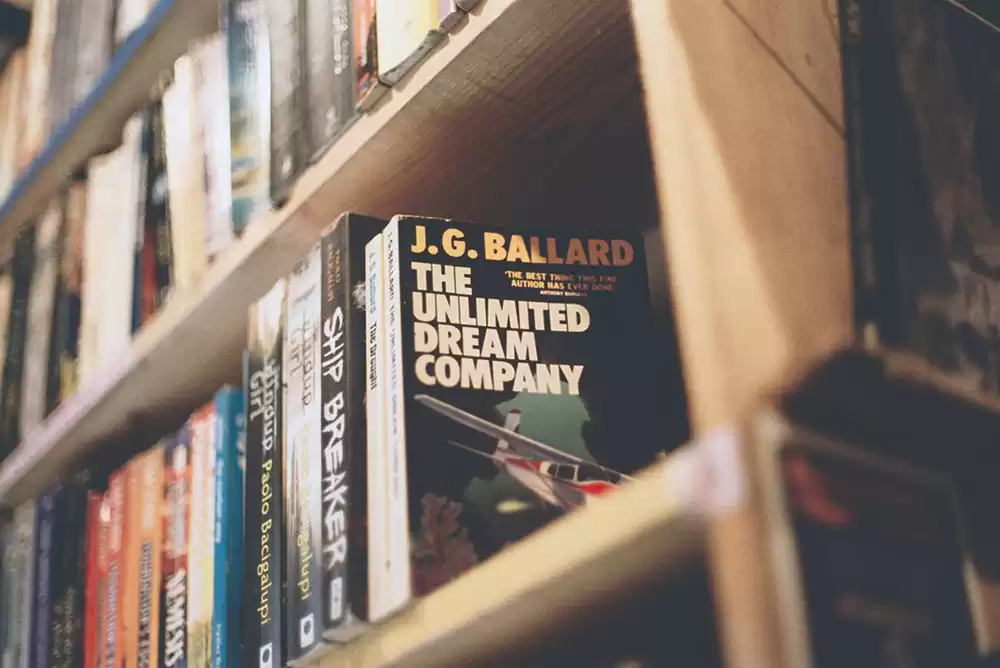
01 Aug 7 Things That Make a Book Valuable
Are you an owner of a large book collection in the United States? Have you ever wondered what makes a book truly valuable? Whether you are considering selling your collection or simply curious about its worth, understanding the factors that contribute to a book’s value is essential. In this article, we will explore seven key elements that make a book valuable, providing insights to help you evaluate your collection and maximize your return on investment.
Rarity
Rarity plays a crucial role in determining a book’s value. Regarding book collecting, rarity refers to the scarcity of a particular edition or printing.
Books that are part of a limited print run, often numbered and signed by the author or illustrator, hold significant value in the collector’s market.
First editions are the original printings of a book and are highly sought after by collectors, especially if they are in excellent condition.
Books that are no longer in production become increasingly rare over time, especially if they are in demand.
Condition
The condition of a book is another crucial factor that influences its value.
Books with minimal wear, including intact covers, clean pages, and the absence of stains or tears, are more valuable than those with significant damage.
Books that have been well-preserved and show minimal signs of aging, such as yellowing pages or brittle paper, are more desirable.
While certain markings, such as an author’s signature or a rare inscription, can increase a book’s value, excessive markings or annotations can diminish its worth.
To maintain the value of your books, store them in a controlled environment, away from direct sunlight and extreme temperature or humidity fluctuations.
Author
The reputation and significance of the author can significantly impact a book’s value. Consider the following:
Books authored by renowned writers or literary figures tend to hold greater value due to their cultural and historical significance.
Collectors often seek books by iconic authors, such as Shakespeare or Mark Twain, resulting in higher demand and increased value.
Generally, collectors prize books autographed by the author or ones that contain personalized inscriptions, as both provide a unique connection to the author.
Demand and Popularity
Demand and popularity play a significant role in determining a book’s value.
Books that are in high demand among readers, collectors, or fans can command higher prices on the market.
Works that have acquired a dedicated fan base, such as those in the fantasy or science fiction genres, often have increased value due to their devoted readership.
Specific genres, like crime fiction or historical non-fiction, tend to have a consistent demand, which can impact their market value.
Historical and Cultural Significance
Books hold immense historical and cultural value, making them highly sought after by collectors interested in preserving the past.
Rare books providing insights into significant historical periods, events, or movements often have substantial value.
First-hand accounts or original publications related to notable events or social movements can be highly valuable.
Books that reflect and contribute to a particular culture, society, or ideology can attract collectors interested in cultural heritage.
Scarcity in the Market
Supply and demand dynamics are crucial in determining a book’s value.
Books with limited availability and high demand often see a significant value increase due to their market scarcity.
Editions with a small print run, discontinued publications, or books from independent or niche publishers are usually more valuable.
Scarcity creates a sense of exclusivity and drives collectors to pursue rare editions, contributing to their increased market value.
Provenance
The provenance of a book refers to its ownership history and can significantly impact its value.
Provenance refers to the documented chain of ownership, including notable previous owners or associations with significant individuals or events.
Books with distinguished provenance, such as those owned by famous authors, historical figures, or celebrities, often have increased value.
Books that were part of renowned collections or associated with pivotal moments in history can also be highly sought after by collectors.
Conclusion
By considering these seven key factors, you can better evaluate the value of your book collection and make informed decisions regarding any potential sales. It is essential to understand the rarity, condition, author significance, demand, historical and cultural relevance, market scarcity, and provenance of your books. As always, professional appraisals can help provide accurate valuations for your collection. So, please explore your options and consider selling your book collection to Cash For Your Books. We can provide fair offers based on the value of your unique collection.
Books hold enduring value as gateways to knowledge, imagination, and history. Whether you decide to part ways with your collection or preserve it for generations, the appreciation for these literary treasures will continue to captivate readers and collectors alike.


